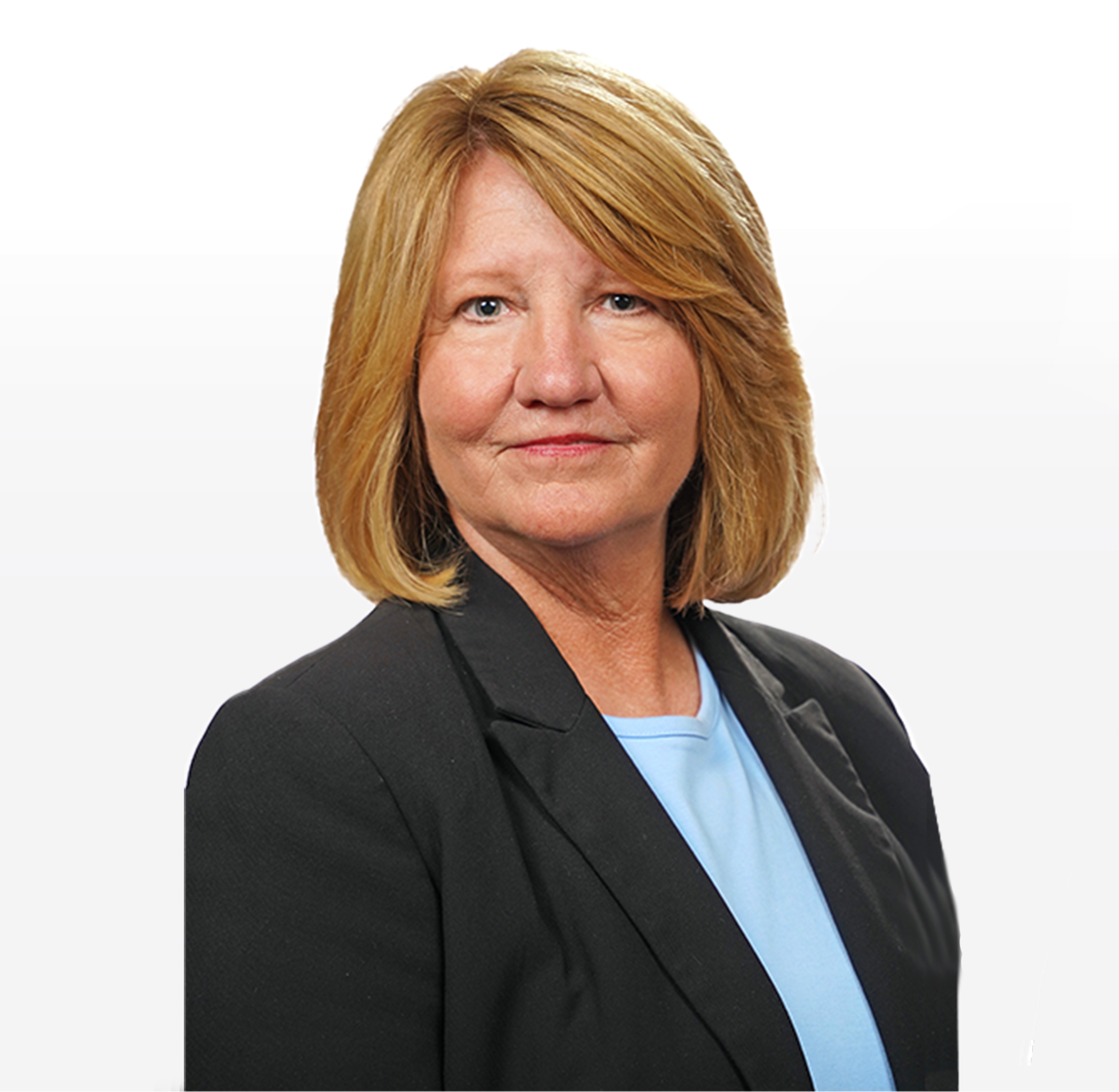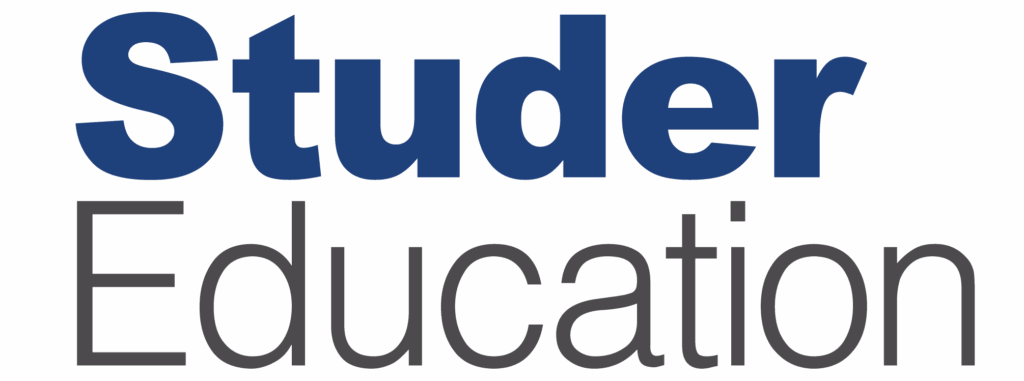Don't miss this special cross-over episode with our partners at Escambia County Public Schools and their Voices United in Education podcast. Meredith Hackwith Edwards interviews Dr. Robin Largue, a retired Leader Coach from Studer Education. Dr. Largue shares how the strategic use of data and goals, combined with strong leadership and relationships, build thriving and high-performing schools.
Episode 386
Leadership & Data: An Unlikely Power Couple — Studer Education on ‘Voices United in Education’
Don't miss this special cross-over episode with our partners at Escambia County Public Schools and their Voices United in Education podcast.
Listen Now
Hosts

Janet Pilcher
President, Studer Education

Dr. Robin Largue
Retired Leader Coach, Studer Education
About the Episode

- How does coaching bring together parents, students, and school staff to support every child's success?
- How does leadership extend beyond a title?
- What are specific daily actions leaders can take to positively impact the culture?
Cultural Transformation
More Like This
Browse AllWant to bring books to your team?
We support districts with bulk ordering options, reading guides, and professional learning plans built around our published content. Our books offer a shared language for system-wide alignment, whether for a leadership retreat, professional learning series, or district-wide initiative.










